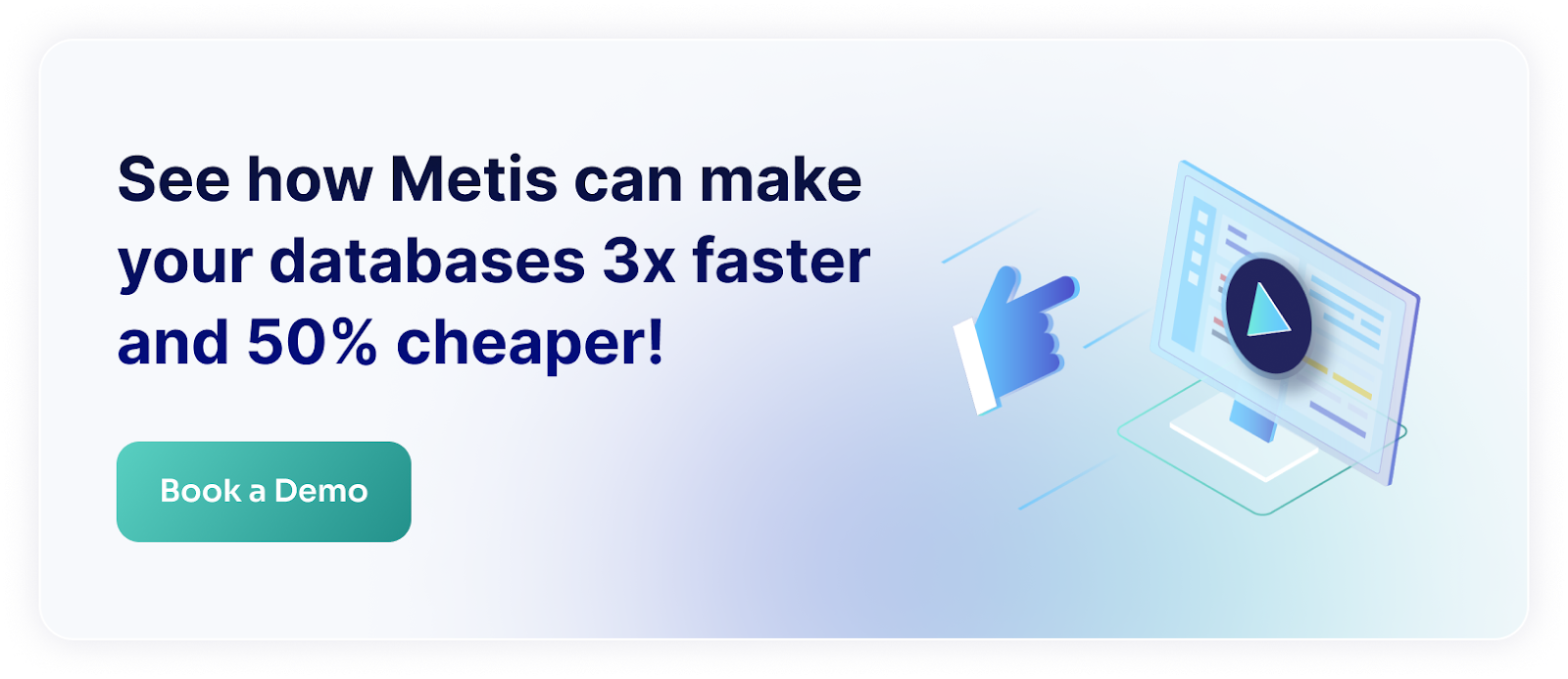Testing is important to keep our applications running and reliable. We need to make sure we avoid all the issues around our applications and databases. However, what if we could go with no testing at all? What if we could save time on testing databases and still have them reliable? Read on to understand how.
What Breaks With Databases
Developers need to deploy code multiple times a day. We operate in fast-paced environments and handle numerous tasks simultaneously. Our applications run across dozens of clusters and connect to hundreds of databases. Working on multi-tenant platforms often requires us to adapt solutions to specific requirements. With such complexity, it's no surprise that many things can go wrong.
Testers need to keep up with the pace. They need to automate their testing procedures, keep them reliable, and cover as many areas as possible. One way to simplify our work is by ensuring continuous database reliability. We need confidence that our designs will perform well in production and scale to meet customer demands. However, load tests are becoming scarce due to the difficulty in building and maintaining them. Even if we have load tests, waiting for them to complete isn't practical because they occur late in the pipeline and take too much time. We need tools that support us in checking queries and schema changes earlier in the process.
Most industry solutions fall short in this area. Unit tests only verify the correctness of queries, ensuring data is read and written correctly, but they don't measure performance. They can't identify slow joins, N+1 queries, or missing indexes. Similarly, while there are many tools for deploying schema changes, they don't check if these changes will be completed quickly if data will be lost, or if the new schema will function as intended. These tools won't alert us to potential table rewrites that could take hours.
Metis addresses these issues for testers and engineering teams. With Metis, we can verify the correctness of our designs and check our queries and schema migrations before committing changes to the repository. Read on to discover what Metis offers.
Metis Got You Covered
Among its many features, Metis provides essential database guardrails. It seamlessly integrates with your development workflow and CI/CD pipelines to automatically verify queries, schema migrations, and database interactions. Let's explore how its IDE and CI/CD integrations ensure your changes are safe for production.
When integrated with Metis, all your queries undergo automated checks. For example, as you run your unit tests that access the database, Metis evaluates whether these queries will scale effectively in production, without requiring you to commit your code to the repository.

Metis captures your queries, analyzes their execution plans, and identifies necessary improvements. It can simulate your query on a production database, highlighting potential performance issues that might not be evident in a local environment. This feedback is provided just in time as you write your code.

Additionally, Metis scrutinizes your schema changes. It reviews the code altering your databases to ensure migrations will execute efficiently and flags any potential risks.

Metis offers the assurance that your changes are safe to deploy. By integrating with your CI/CD pipelines, it works seamlessly with tools like GitHub Actions, providing automatic performance and schema migration checks.

Metis runs autonomously within your pipelines, bringing CI/CD capabilities to your database management. It validates your design accuracy in real time, eliminating the need to wait for load tests to complete. You receive crucial insights during the implementation phase of your changes.
No Testing? No Problem!
Testers may struggle with the pace of today’s world. However, Metis keeps their applications reliable by detecting issues early in production. Metis asserts the designs are correct, the queries and schema migrations are fast enough, and that changes can be safely deployed to production. Use Metis and build proper database reliability with database guardrails as part of your GitOps workflow.







